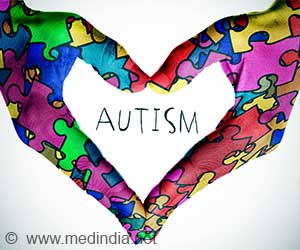Study analysis symptoms of depression among men when their partners are pregnant and after the birth of their child.

- Study of expectant and new fathers show that they tend to experience elevated symptoms of depression when their partners were pregnant and nine months after the birth of their child.
- Stress and poor health led to depressive symptoms among men who had pregnant partners.
- Among new fathers, being unemployed, no longer being in a relationship with the mother and having a history of depression, led to depressive symptoms.
TOP INSIGHT
It is important to identify and treat symptoms of depression among fathers early by increasing awareness about increased risks, as depression can have direct or indirect effects on children.
The researchers interviewed 3,523 men while their partners were in the third trimester of pregnancy for symptoms of antenatal depression (ADS, before birth) and nine months after the birth of their child for the symptoms of postnatal depression (PDS, after birth).
The men were an average age of 33 years at the antenatal interview.
The results show that 2.3% of fathers (82 men) were affected by elevated ADS during their partner's pregnancy and 4.3% of fathers (153 men) were affected by elevated PDS nine months after the child was born.
During a partner's pregnancy, elevated depressive symptoms in fathers were associated with :
- perceived stress
- having fair to poor health
- perceived stress in pregnancy
- no longer being in a relationship with the mother
- having fair to poor health
- being unemployed
- having a history of depression
The study is published online by JAMA Psychiatry.
- Lisa Underwood et al.JAMA Psychiatry; (2017)
Source-Medindia
 MEDINDIA
MEDINDIA




 Email
Email










